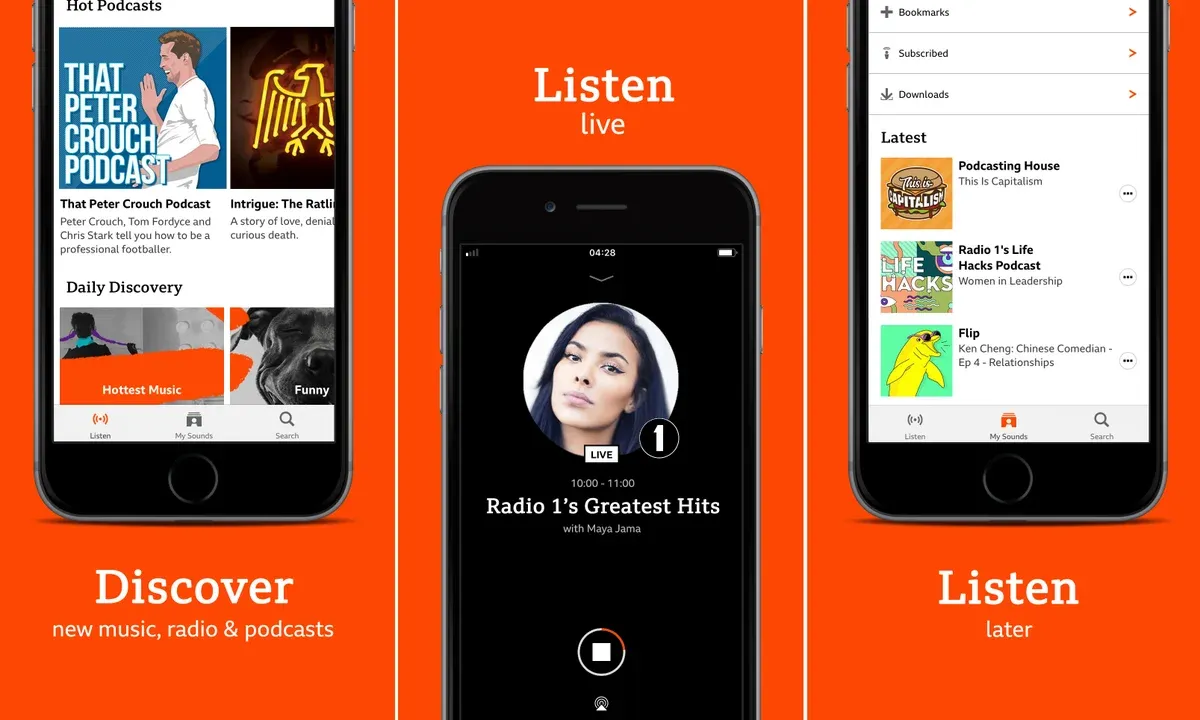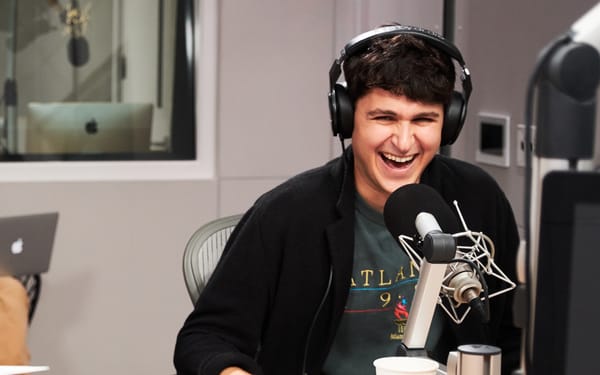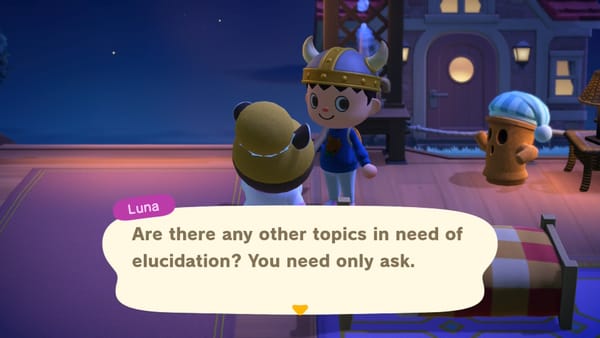BBC dropping access to music stations outside UK

The BBC will begin geoblocking access to its BBC Sounds app and most BBC Radio channels for users outside the UK, including listeners in Australia.
BBC World Service and BBC Radio 4 will remain available due to a lack of music programming.
The broadcaster described the decision as one based on music "rights," and it's likely a form of cost-cutting. Citizens in the United Kingdom and the British Islands pay a "television licence" for access to BBC TV, and it sounds like part of the rationale behind removing international access stems from a lack of international revenue from the stations.
From BBC Northern Ireland's article on the change at the BBC:
Speaking to BBC Radio Ulster's Talkback programme, the Guardian's former media editor, Jim Waterson, said the BBC's licence fee income was falling and it needed to make more money through its commercial arms.
"If you said to most people (in the UK): 'Is it fair enough to charge people who are listening in the south of France to BBC Sounds?', you'd probably get quite a good response - contribute for the stuff you've previously been getting for free.
"The problem is a lot of people in London forget about the small matter of the border on the island of Ireland."
At the moment, it is based on BBC Studios carrying advertising which would generate revenue.
It's not clear yet if the BBC plans to offer any kind of way for people to pay for access, or if it would affect other platforms such as BBC Radio content on YouTube. BBC Radio 1 publishes some live music and interviews on its channel, for example, but it's unlikely this would change.
I've long thought the BBC Sounds app could be a model that the ABC would benefit from replicating. The app focuses less on linear broadcasting and more on individual shows, which act like podcasts but with music included.
The ABC currently does publish a lot of radio recordings on its ABC Listen app, but it's far less organised in a way that would compare to something like Spotify or YouTube. Triple J could, for example, publish more new music shows to an ABC Listen app and program less for a linear schedule and introduce more shows that feel like podcasts.
BBC Radio 1 is also much more of a competitor with commerical hit music stations in the UK, while Australia's Triple J has only flirted with including more pop-music in its on-air rotation and doesn't compare with commerical stations in terms of identity and on-air imaging.
As reported recently by The Music, Triple J is reducing the amount of music it plays on air, moving to a higher-rotation model that it spins as a way to give artists more "cut-through". For listeners though, it means hearing less variety and the same artists more often.




